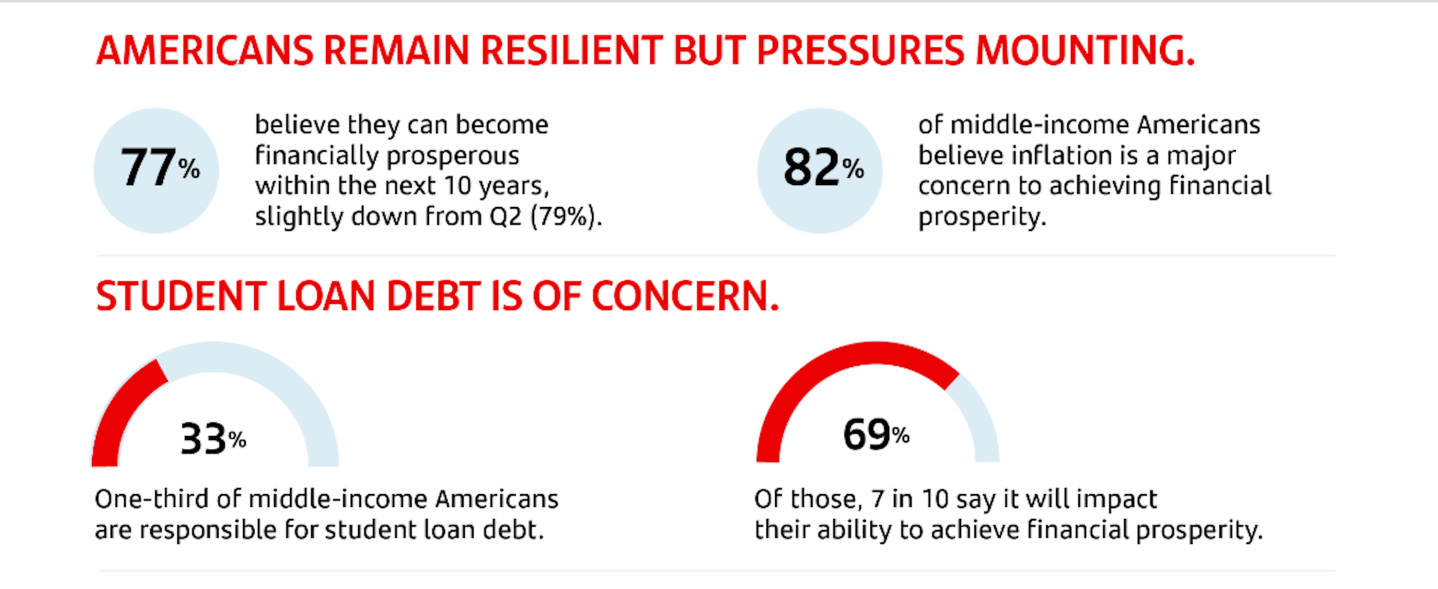Good morning. Fortune reporter Will Daniel here today, filling in for Sheryl Estrada.
If you didn’t know already, Wall Street loves AI. There’s broad consensus among banks, private equity firms, hedge funds, and investment research houses that the technology is set to revolutionize the global economy—all while boosting productivity and reducing costs for businesses. And that last part is critical for CFOs.
There is, of course, still a debate over what’s real and what’s hype.
“We’re in a hype curve—a bubble,” Robert Marks, an electrical and computer engineering professor at Baylor University, told Fortune earlier this year. “And I think that people have to slow down and be a bit more sober in terms of their thinking.”
But for CFOs, there are plenty of reasons to be bullish about AI. I recently analyzed the findings of dozens of AI reports from Wall Street, and they included many striking statistics and forecasts from some of the world’s most renowned institutions. If you weren’t an AI believer before this, here are a few data points that might change your mind—particularly if your job involves managing costs or increasing productivity:
—Between 60% and 70% of employee workloads could eventually be automated by generative AI applications, according to a McKinsey study.
—Some 40% of all working hours could be impacted by the rise of generative AI, according to data from Accenture.
—By 2025, 30% of outbound marketing messages from large organizations will be synthetically generated, up from roughly 2% last year, according to estimates from the industry research firm Gartner.
—The potential effects of AI-based automation on employment are much more drastic in high-income countries. Some 5.5% of total employment in high-income countries is exposed to automation effects, compared to just 0.4% in low-income countries, an August International Labour Organization (ILO) study shows.
—Productivity growth could rise by just under 1.5% annually over the next decade if AI undergoes widespread adoption, boosting global GDP by 7%, according to a Goldman Sachs study.
Will Daniel
Will.Daniel@fortune.com
______________________
*An upcoming event: Fortune’s CFO Collaborative is an invitation-only group of CFOs from leading companies, which meets virtually and in person for deep-dive discussions on what is top of mind for finance leaders. Next month, our conversation will focus on “What will the CFO role look like in 2024?” In this intimate dinner discussion scheduled for November 9 in Boston, Mass., hosted in partnership with Workday and Deloitte, we will explore the evolving role and scope of the CFO. We will be joined by Alan Murray, CEO of Fortune, and Andrew McAfee, codirector of the MIT Initiative on the Digital Economy, and a principal research scientist at the MIT Sloan School of Management.
It’s an invite-only event, but CFOs can apply to attend here. If you’d like more information, please send an email to: CFOCollaborative@Fortune.com
Leaderboard
Holly Aglio was named CFO at Marchex, Inc. (Nasdaq: MCHX), a conversation intelligence company. Most recently, Aglio was CFO and a member of the board of directors of NetCentrics and led its 2021 acquisition by Cerberus Capital Management. Her experience at previous companies includes Govplace, Artel, and Apptis.
Brian Unruh was named CFO and a member of the executive team at ABBYY, an intelligent automation company. Unruh brings 20 years of experience serving in executive management positions at public and private equity-backed software and platform-as-a-service companies, as well as 10 years of corporate value creation advisory in both public accounting and private equity roles.
Big deal
A new survey by Santander Holdings USA, Inc. (“Santander US”) finds American consumers are optimistic about their futures despite mounting financial pressures. Sixty-eight percent of middle-income households believe they are on the right track toward achieving financial prosperity, which remains unchanged from Q2, according to the report.
However, prolonged inflation and the resumption of federal student loan payments are clear economic stressors for middle-income households. Seventy-seven percent say they are unable to save as much as a result of inflation, which remained the number one obstacle to achieving prosperity (82%). Meanwhile, 33% of respondents—across all generations—are responsible for student-loan debt, with 69% of this group stating that the resumption of federal student-loan payments is a challenge to achieving financial prosperity.
On behalf of Santander US, Morning Consult conducted the survey of 2,213 American bank or financial services customers, ages 18-76.

Going deeper
Bank of America's new analysis of internal data finds rising childcare costs add to the list of headwinds facing consumers. The average childcare payment per household has risen over 30% since 2019 with middle- and upper-income families (annual income of $100k-$250k) seeing the biggest increase. This might be causing some parents to leave the workforce to look after their children, according to the report.
Overheard
“If there’s anything after 6 p.m. and I’m in town, it’s got to be a pretty high bar to keep me away from the family. Anybody who gets a minute of time after that better be sure that it’s important.”
—Starbucks CEO Laxman Narasimhan, who took the reins of the global coffee giant just over a year ago, told Fortune in an interview. Narasimhan credits mindfulness, exercise, and time with his family with helping him combat the burnout—and avoiding meetings after 6 p.m. unless they are vitally important.
This is the web version of CFO Daily, a newsletter on the trends and individuals shaping corporate finance. Sign up for free.













